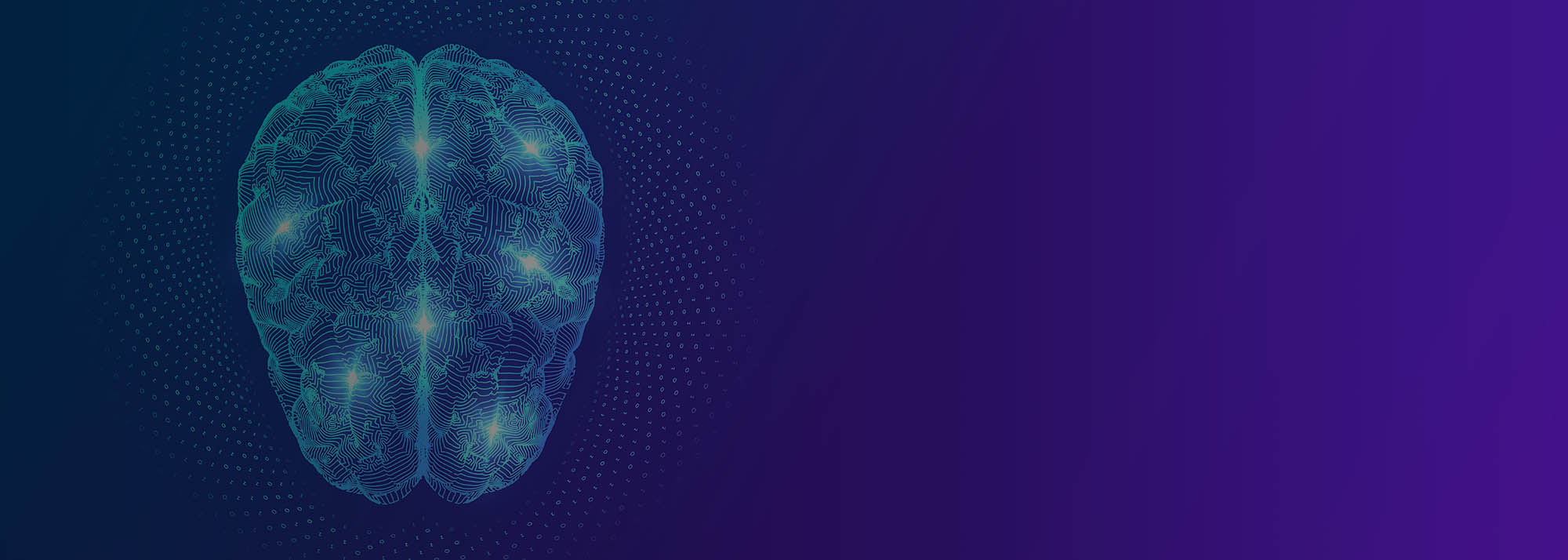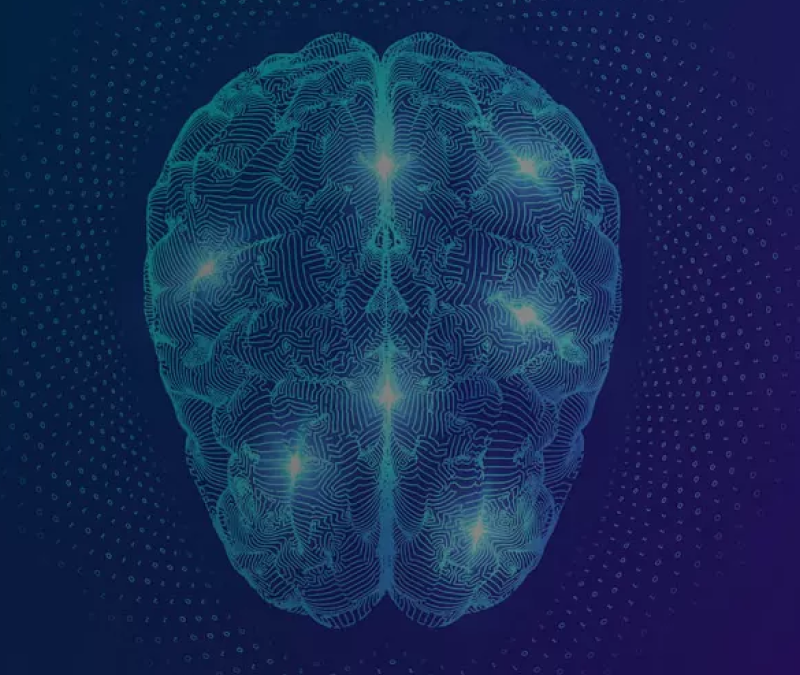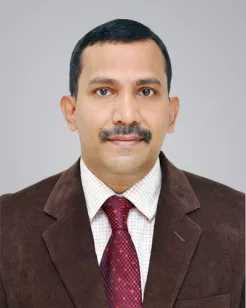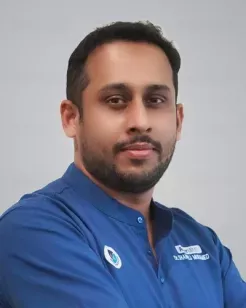Aster MIMS Kannur is the first independent facility in Kerala for the comprehensive diagnosis and treatment of disorders of the brain, spine, and complete nervous system.
The centre is officiated by a team of distinguished and dedicated Neurosurgeons to provide advanced surgical interventions to patients of all ages.
The department has a facility for both out-patient and in-patient services and is equipped with Neuro ICUs, Neurosurgery OTs, State-of-the-art Imaging facilities and 24-hour emergency services to handle all types of neuro emergencies including complex trauma and management of stroke.
Our Doctors
We have some of the best specialists from around the world, they bring years of experience and offer evidence-based treatment to ensure the best care for you.






